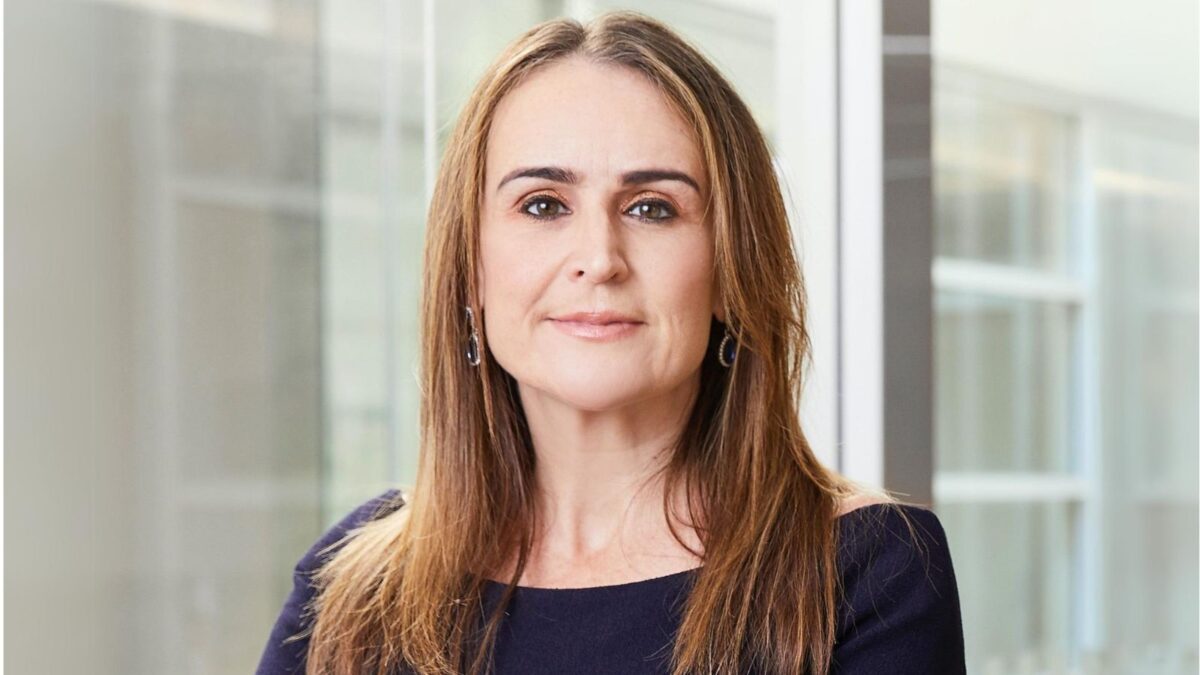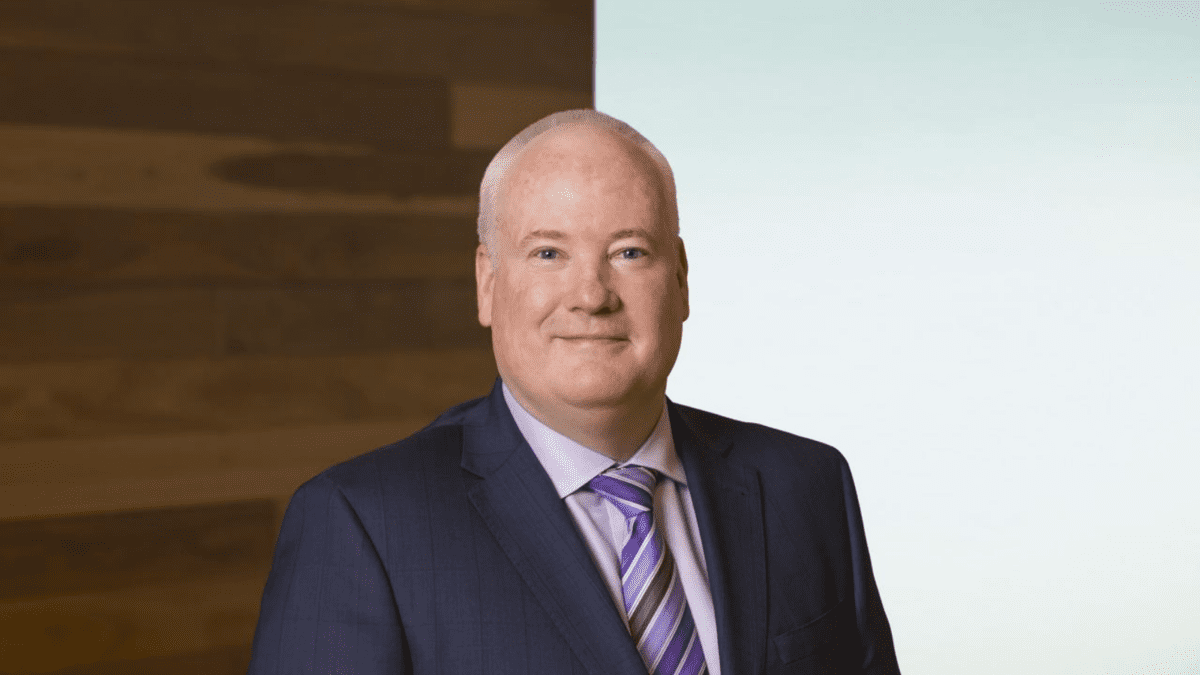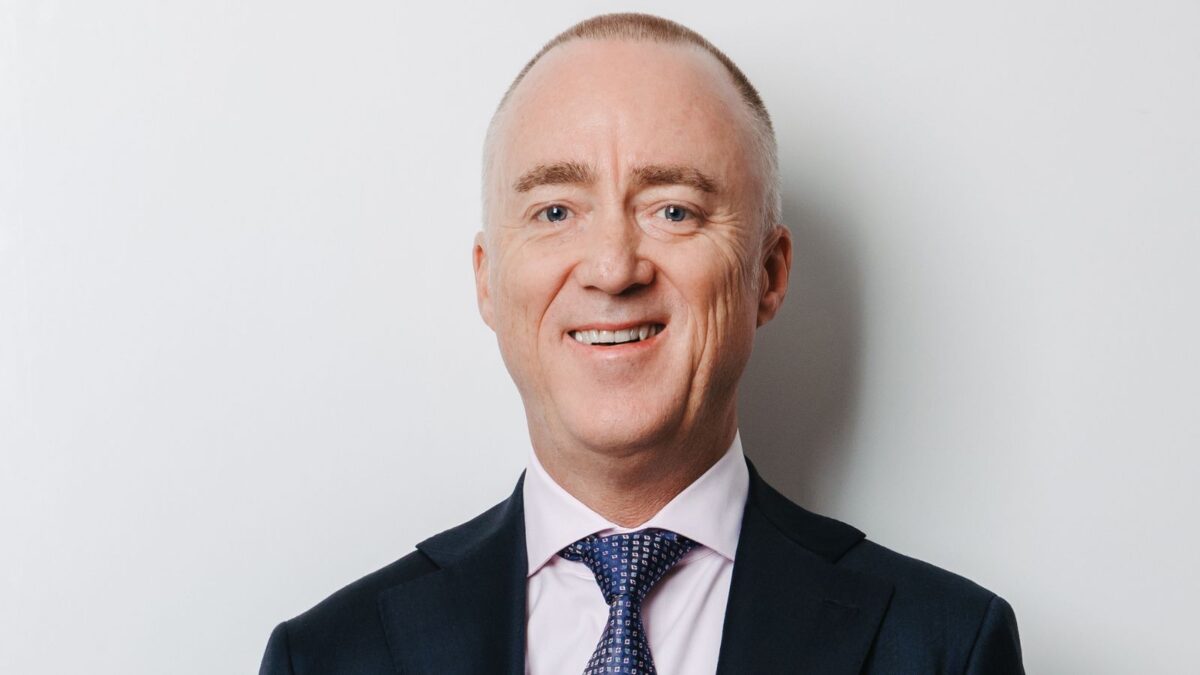Speaking with a ‘single voice’, can super have a sensible conversation?
Superannuation is one of the best-managed and governed retirement systems in the world, but it has historically been represented by a hodgepodge of different bodies with competing agendas engaged in the same industry/retail fund conflict – to various degrees of partisanship – that have ruled their member base for decades.
Formed by a merger between two of those bodies – Industry Super Australia (ISA) and the Australian Institute of Superannuation Trustees, both with their roots in the ‘industry’ segment of sector – the new Super Members Council (SMC) has around 25 member funds managing a collective $1.5 trillion, and wants to speak with a “single voice” to both government and members.
“It truly is the envy of the world, and we should never brush past that – we should always remind ourselves of what superannuation has done in terms of transforming retirement, but also help people understand how that system works in their interests,” Misha Schubert, the CEO of the new body, tells ISN.
Schubert, who’s eight weeks into the role, says that the SMC “draws on the best of the traditions and capabilities of AIST and ISA” and that its current policy priorities are retirement and helping members prepare for it.
“There are opportunities before us right now to keep strengthening the system in a way that helps the interests of everyday Australians,” Schubert says. “We want to make retirement easier, simpler and clearer for members to navigate and make engaged choices throughout their working lives.”
Its other policy priority appears to be lowering the temperature of the debates that rage around nearly every facet of superannuation.
“We’ll be a powerful and respected voice in superannuation policy matters and we’ll engage with the Parliament and decision-makers to make sure that policymaking is informed by a rigorous evidence base and proactive thinking,” Schubert says. “We’ve got good relationships across the breadth of Parliament.”
Aiding that is the fact that the marketing function of ISA – responsible for the industry fund collective advertising campaign, and TV hits like “Banks aren’t Super” – has been split off completely and now sits outside the organisation, with a smaller number of funds backing its activities.
That should be a boon for the SMC’s reputation and activities in Canberra, where even politicians critical of the super system’s settings have historically been wary of getting on the wrong side of ISA; Scott Morrison’s desultory commitment to his Super for Housing policy came so late in the 2022 election in part because he was wary of facing blanket attack ads from the body.
Earlier iterations of the merger that formed SMC kept those activities (and the branding) under the same roof as soft touch lobbying, but there’s clearly a benefit to having them at arm’s length for SMC’s member base too; funds that weren’t involved with the collective campaign were hesitant to be associated with ISA’s more muscular approach to lobbying. Still, it remains to be seen how the softer voice of SMC will work alongside the historically more insurgent Industry SuperFunds campaign.
New ideas and nation-building
And even in the sensible conversation SMC wants to have voices will still be raised. There’s plenty of proposals for superannuation that have little to do with preservation. Covid early release saw stacks of money withdrawn for mortgage payments (as well as boats and plastic surgery), while ‘Super for Housing’ remains official opposition policy. As Australia’s housing crisis accelerates out of control, it’s likely that these proposals will only increase in popularity, and seem more attractive to those who think they’ll benefit from them.
SMC has previously released research showing that super for housing would only make the housing market hotter, but the debate speaks to a wider quandary that’s vexed the system for years: while there’s reams of research that support the importance of preservation, it’s still somebody else’s money they’re preserving – and when that somebody wants a roof over their head, retirement seems very far away. When questioned on how SMC will navigate the divide (usually narrow, sometimes widening to a chasm) between the interests of the funds that comprise its membership and the interests of the 11 million+ Australians that comprise their membership, Schubert says:
“We’re thinking about how to continue evolving the superannuation system and how to make sure that policy in super is stable, effective and equitable.”
Then there’s an even bigger idea for superannuation, one so big it’s getting harder and harder to resist its gravitational pull – the idea of super funds investing directly in Australia’s economy. Funds have engaged with that idea in various different ways (some say that as universal investors they’re already doing it, while others have pledged direct investment support for programs like the Housing Australia Future Fund) but it’s clear both that the government wants more and that funds will have to deal with increased political pressure.
“Super trustees have a laser-focus on their mission of delivering the strongest possible returns to help their members retire in the best possible circumstances,” Schubert says. “Every trustee I’ve engaged with so far has taken that responsibility incredibly seriously.
“Every investment proposition needs to stack up, and that’s the lens through which investment teams make every decision before them. Funds are already making realistic judgements in some of those areas where returns stack up strongly to deliver the most powerful returns.”










